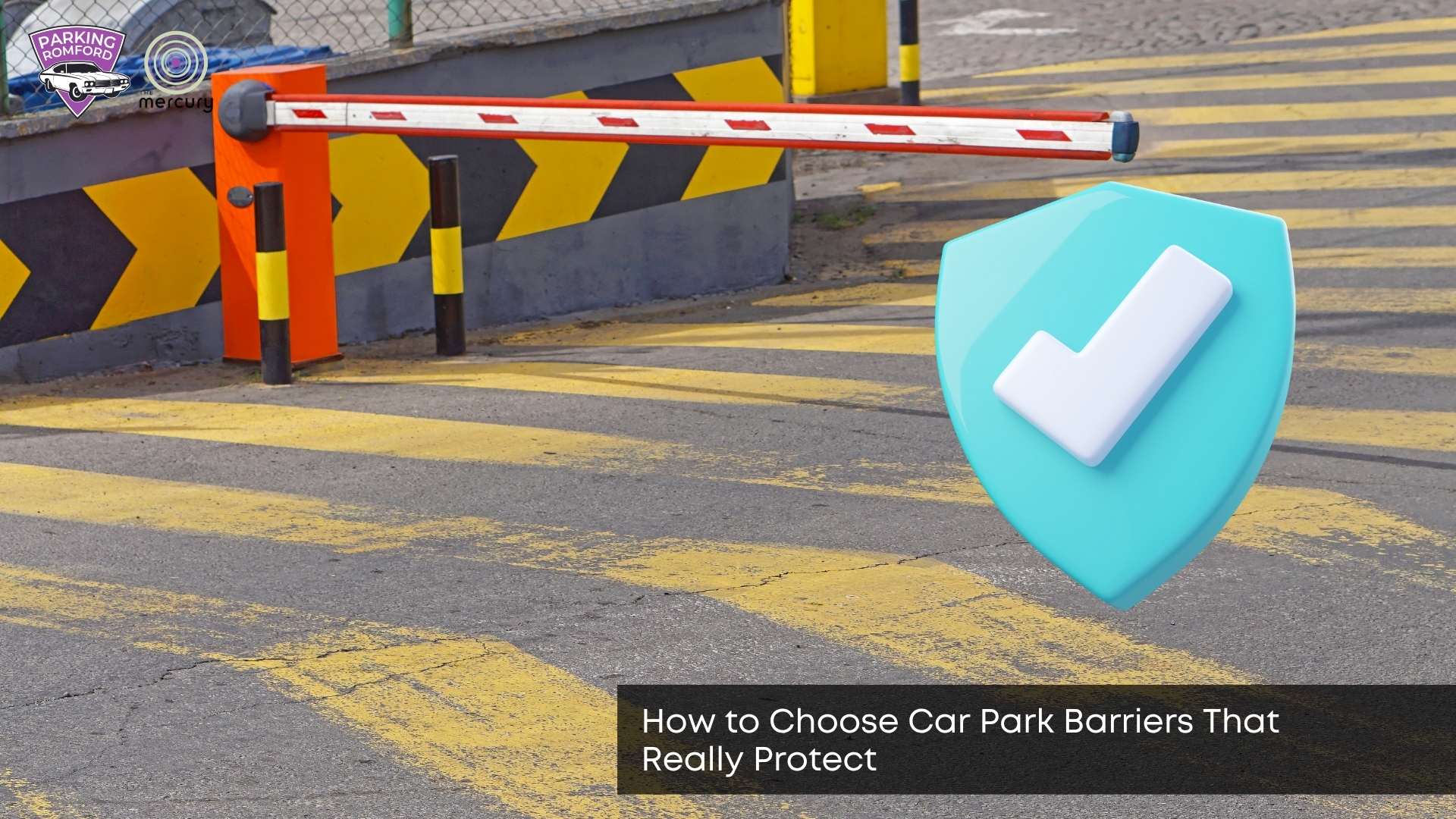Choosing the right car park barrier is crucial if you want to keep your space secure and well-managed. From deterring unwanted vehicles to controlling traffic flow, the right barrier can make a big difference. But not all barriers offer the same level of protection or ease of use. Whether you’re managing a business car park or a residential space, this guide will help you find what works best. Understanding their core function is a good starting point.
What Is the Main Purpose of a Car Park Barrier?
The primary purpose of a car park barrier is to control access to and egress from the space. Barriers provide both security and traffic management, helping to reduce unauthorised parking and damage. Some are designed purely to block access, while others integrate with ticket systems or number plate recognition. They can also support safety by slowing down vehicles at entry points. Once you understand their purpose, you can explore the different types available.
What Types of Car Park Barriers Are Available?
There are several types of car park barriers, including swing gates, boom barriers, rising bollards and fold-down posts. Each type suits different needs based on location, space and traffic volume. Swing gates and fold-down posts are more commonly found in residential spaces. At the same time, boom barriers are typically used in commercial areas. Rising bollards are often used where high security is needed. Knowing your options helps you choose based on how durable you need the barrier to be.
Which Barrier Material Offers the Best Durability?
Steel and aluminium are the most durable materials for car park barriers. Steel offers high strength and resists impact well, while aluminium is lighter and resists corrosion. Plastic or PVC barriers are less durable but may work for temporary or low-risk areas. Powder-coated metal barriers last longer in outdoor conditions and look more professional. Once you’ve settled on materials, it’s worth comparing manual versus automatic designs.
How Do Manual and Automatic Barriers Compare?
Manual barriers are cheaper and simpler to install, but require someone to operate them. Automatic barriers cost more upfront but offer hands-free operation using remotes, sensors or access cards. Automatic options are ideal for high-traffic areas or where convenience is a top priority. Manual barriers are suitable for small private car parks with limited access requirements. If you’re aiming for maximum ease and control, smart technology may be your next consideration.
Should You Consider Smart Barriers with Access Control?
Yes, smart barriers with access control offer added convenience and tighter security. These systems use license plate recognition, keypad entry or mobile apps to control access. They’re ideal for office buildings, gated communities or paid parking facilities. Smart barriers can also log entries and exits, facilitating monitoring and the generation of reports. With these systems in place, visibility and safety become just as important.
What Role Does Visibility Play in Barrier Safety?
High visibility is crucial for maintaining car parks’ safety and preventing accidents. Bright colours, reflective strips, and warning signs make barriers highly visible, especially in low-light conditions. Poor visibility increases the risk of drivers hitting the barrier or stopping too late. Lighting also helps in larger car parks with multiple access points. Considering safety naturally leads to checking legal standards, as well.
Are There Legal Standards for Barrier Installation?
Yes, car park barriers in the UK must follow health and safety guidelines. These include clear signage, proper placement, and regular maintenance to reduce risk. Barriers should not create trip hazards or restrict emergency access. In areas with restricted parking signs, clear markings and barriers often work together to improve compliance and safety. Compliance with British Standards, such as BS EN 12453, for safety in powered gates is strongly recommended. Once you’re sure your barrier meets legal standards, it’s a good idea to consider long-term maintenance.
How Much Maintenance Does Each Barrier Require?
Manual barriers require minimal upkeep, primarily involving lubrication and tightening of bolts. Automatic and smart barriers require more regular checks on motors, electronics and safety systems. Weather exposure can also affect moving parts, especially in electric models. Maintenance contracts can help reduce costs and downtime. With maintenance in mind, you’ll want to make sure your budget reflects your overall security needs. Parking Romford shows how strong infrastructure and upkeep make a difference in car park operations.
What Budget Should You Set for Effective Barrier Protection?
The cost of a car park barrier depends on its type, size and technology. Manual barriers start at around £100, while automatic systems can exceed £1,000. Smart systems and installation may add further costs, especially with software or access features. It’s wise to balance cost with durability, ease of use and level of protection. For locations offering 24-hour parking, this balance becomes even more essential to ensure both security and access. Making this financial decision sets the stage for your final choice.
How to Pick a Barrier That Truly Keeps Your Car Park Secure
To choose a car park barrier that protects, you need to consider purpose, material, type, visibility, and long-term costs. A strong barrier not only blocks access but also improves safety and control. Smart features can add great value if you manage a high-use or public car park. Matching the barrier to your exact space and needs will help you stay in control with confidence. With everything covered, you can now make a well-informed decision that will yield long-term benefits.


Leave a Reply